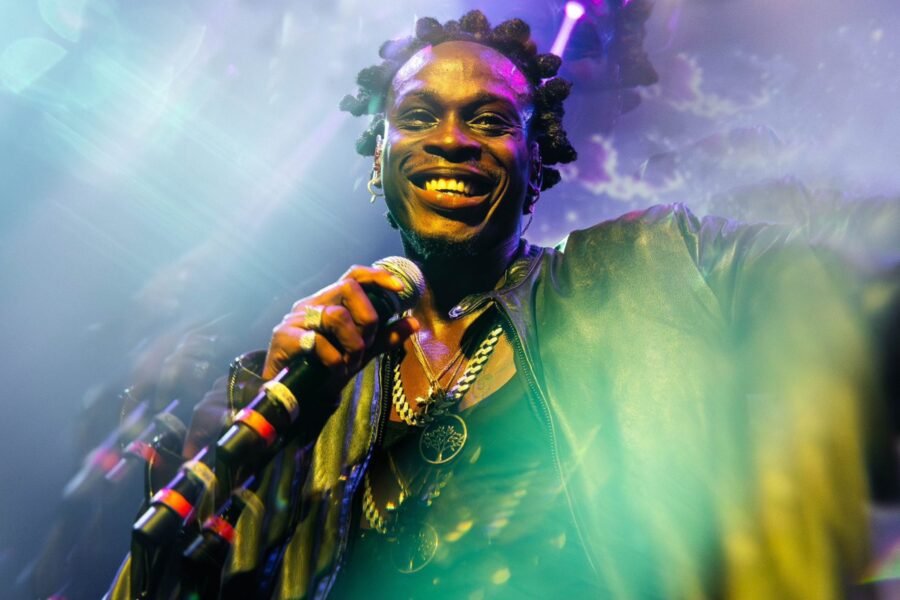Over the past decade, the number of immigrants of West African origin in Canada has grown steadily. With the people came their culture, language and arts in all forms. One such expression of West African art is the influential export that is Afrobeats.
A sound once relegated to the underground nightclubs of Lagos, London and New York in a bid for globalization, has found a home in the diverse fabric of Canada’s music scene. This accomplishment is owed to economic and emotional factors alike.
Diaspora driven demand
The internet has made the world a global village and this was made even more apparent with the surge of social media usage during the COVID-19 lockdown from 2019 to 2021. Africans, of all shades and origins, piqued the interest of other gen-Z and millennial listeners as they shared a strong affinity for TikTok popular tunes like Ckay’s ‘Love Nwantiti’ and Lojay’s ‘Monalisa’.
When a track trends on platforms like Snapchat, Instagram or Facebook, artists and show promoters follow the trail of numbers and don’t shy away from investing. Virality breeds global hits which leads to demand in countries like Canada.
From viral dance routines to sold-out shows, talents like Shallipopi, Kizz Daniel, Fireboy DML, Darkoo and Chike have graced Canadian stages and signalled fellow musicians about the rhythmic fertile ground that is maple country.
Cross-cultural buy-ins and collaborations
Afrobeats is constantly morphing, influencing and merging with related and unrelated music genres. Voices like Omah Lay, Ckay, Ayra Starr and Nonso Amadi have proven that afrobeats doesn’t have to be delivered as a one dimensional two-step song and dance. International collaborations with Justin Bieber, AP Dhillon, Selena Gomez and Giveon have made afrobeats more familiar and accessible to audiences of non-Afro descents.
More on the point, afrobeats cultural legitimacy continues to grow through high profile global cosigns. Ayra Starr opened for Coldplay in Toronto at Rogers Stadium this summer in July 2025. Such cross-genre pairings signal to the music industry the mainstream status of Afrobeats.
This breakout from the ‘nichedom’ has also been marked by major record labels like Warner Music Group, Universal Music Group and RocNation signing and supporting African artists like Tay Iwar, Burna Boy and Ayra Starr.
Softer Borders gives rise to Afro-Festivals
A very significant reason for the influx of Afro-hyphenate talents is easier visa/permit rules for short-term performers. IRCC, even with increasing immigration processing terms, are quite lenient in their stipulations for musicians and performers coming into the country for limited engagements – they do not require a formal work permit.
This development might be owed to Canada’s thriving afro festival circuit across populous cities like Toronto, Ottawa and Vancouver which promotes afropop, amapiano, fuji, highlife and other flavours of African musicality. Festivals and their promoters have grown accustomed to navigating the rules and processing times of this paperwork heavy immigration timelines, making sure it doesn’t pose a major barrier to talent being imported.
More recently, festivals, labels and music executives at all levels have also looked to local artists like Poncho, Nonso Amadi and Sewa to bridge the gap between global afrobeats and Canadian audiences, proving that afro music is homegrown too. A good example is Afrovibes Festival in Kitchener-Waterloo.
From Davido’s ‘5ive’ arena shows to Ayra Starr’s stadium cameos, the message is clear for all who have ears to listen; afrobeats has found fans, stans and family alike here on Canadian soil. The next generation of artists won’t be asking if they can perform in Canada; only how soon they can book it.


